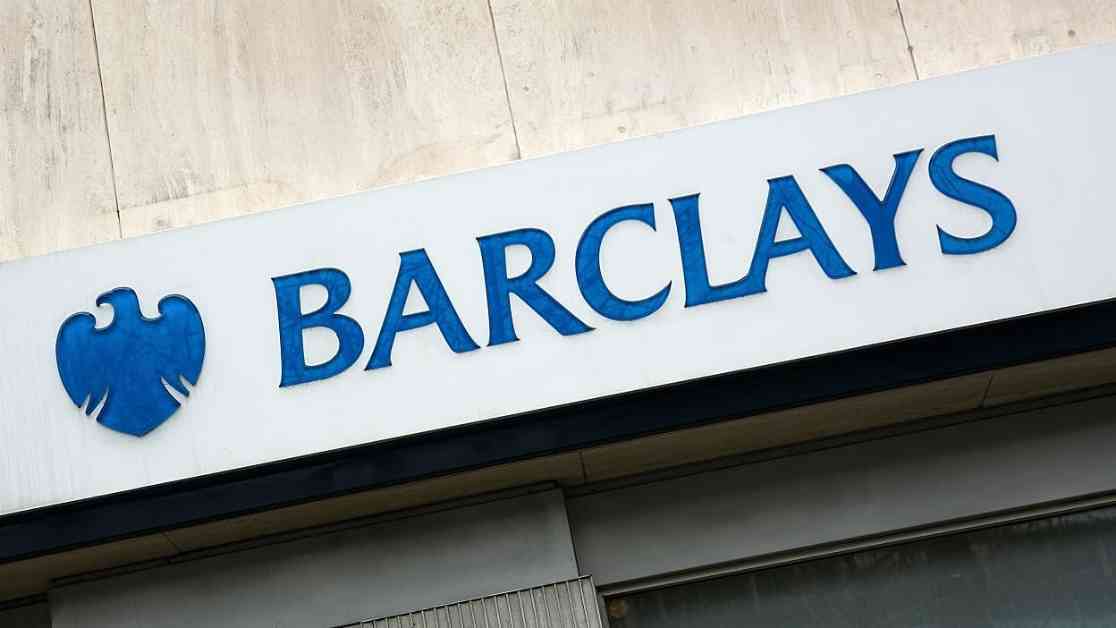Barclays has decided to withdraw its sponsorship from several music festivals in the UK due to its alleged ties to companies selling weapons to Israel. This decision came after discussions with artists who were threatening to boycott the festivals this summer. Live Nation UK, the British branch of the American entertainment giant, announced that Barclays would no longer be sponsoring their festivals in 2024. This includes events like the Isle of Wight festival in June and Latitude festival in July.
The controversy arose when it was revealed that Barclays was providing financial services to companies involved in selling arms to Israel. This led to artists and activists calling for a boycott of the festivals sponsored by the bank. The group “Bands Boycott Barclays” praised the decision as a historic victory for the global BDS (boycott, divestment, and sanctions) movement in support of Palestine.
Barclays, on the other hand, denied any direct connection to companies supplying weapons to Israel. The bank expressed regret over the intimidation and harassment faced by its staff and branches as a result of the campaign. Despite the criticism, Barclays emphasized the importance of supporting cultural events that benefit millions of people. They also clarified that customers who had purchased tickets to the sponsored festivals would not be affected by their decision to withdraw sponsorship.
This move by Barclays is part of a larger trend where artists and organizations are using their platforms to advocate for social and political causes. The decision to sever ties with the bank reflects a growing awareness and concern among the public about the ethical implications of corporate partnerships. As a result, companies like Barclays are facing increasing pressure to align their values with those of their customers and stakeholders.
The impact of this decision goes beyond just the financial aspect. It sends a message to other corporations that their actions are being closely scrutinized and that they will be held accountable for any perceived unethical behavior. In an age where social responsibility and activism are becoming more prominent, companies must be prepared to address these issues transparently and proactively.
As the debate around corporate social responsibility continues to evolve, the case of Barclays and the music festivals highlights the power of collective action in influencing corporate behavior. By standing up for their values and beliefs, artists and activists are able to effect change and hold companies accountable for their actions. This sets a precedent for future partnerships and collaborations, emphasizing the importance of ethical considerations in business decisions.

